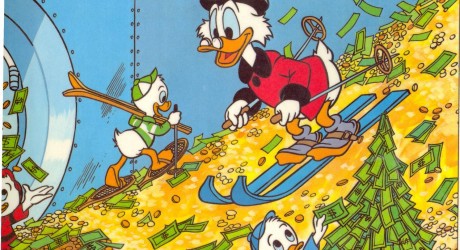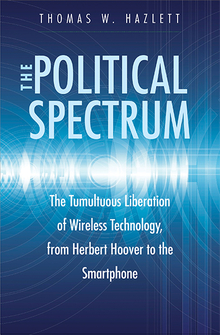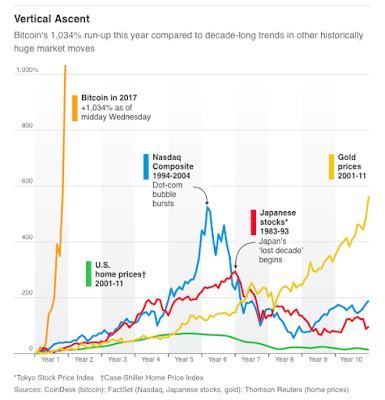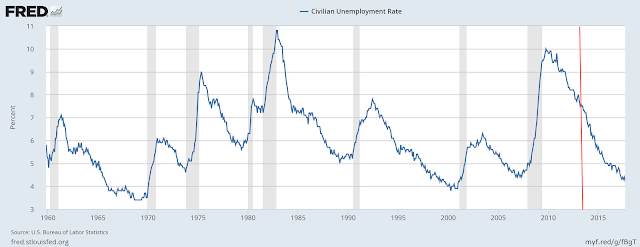The public and media discussion of "net neutrality" seems to have degenerated to "we want stuff for free." In the end, it does cost something to deliver internet, and the bandwith is limited.
The (artfully named) "net neutrality" regulation was really a return to utility rate regulation, in which the regulators say who gets what, and how much they can charge. Just what a rosy success that was not, seems to have been forgotten.
In this context, it seems especially worth reporting on an event from last week. Tom Hazlett, former Chief Economist of the FCC, came to Hoover to discuss his new book "
Political Spectrum," which covers the history of the US government regulation of radio (TV, and cell phone) waves, largely through the same FCC that was in charge of "net neutrality." (I haven't read the book, this is a summary of the seminar discussion.)
Contrary to conventional wisdom, the market for spectrum worked well until 1927, in just the way economists might expect. Property rights to spectrum emerged, evolved, and worked well.
Radio was, at first, considered only for point to point communication. It stayed that way until 1920, when the first broadcast occurred. Within 2 years there were 500 broadcasters.
Contrary to the common allegation of “etheric bedlam” the market was actually orderly through 1926. Under the 1912 radio statute, the Department of Commerce enforced first-come first-serve rules, basically homesteader rights to spectrum in a geographic area and time. Those emergent property rights were registered with Department of Commerce, and easily bought and sold. If a new station encroached on your frequency/geography, you could quickly sue and stop it.
Regulation emerged in much the way a public choice economist might predict. The regulators wanted much more discretion — they wanted to control who got to broadcast and what was said. The large commercial stations wanted to limit entry and competition. The National Association of Broadcasters quickly became a lobbying group and advocated “public interest, convenience, and necessity” to regulate. [Yes, in only 5 years an industry that nobody had ever heard of or thought of became an incumbent lobbying force for regulation to stop entry and competition.] Herbert Hoover, (sadly) the commerce secretary at the time stopped enforcing enforcing first-come first-serve rights in 1926. Now there was indeed chaos, the “breakdown in the law.” According to Hazlett, this was a strategic breakdown to get regulation going. That regulation was formalized in the 1927 radio act. The first sentence of the act preempted private rights to spectrum.
Now, rather than property rights, spectrum was allocated by a “mother may I” system. In 1932 FCC, took over authority of wires to.
Regulation was quickly captured to stop competition and innovation.
















